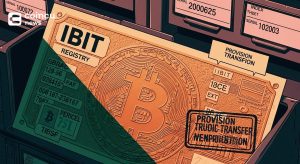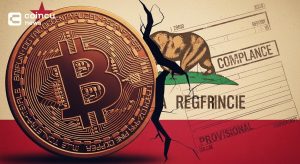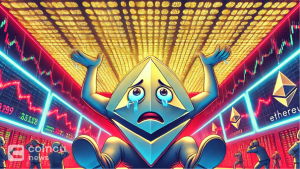Bitcoin And Ethereum Dominate As Hong Kong Implements New Regulations In 2024
Key Points:
- Hong Kong is introducing new regulations for virtual assets and cryptocurrencies, with licensed platform operators required to meet specific token inclusion criteria.
- Bitcoin and Ethereum are included in all major indices launched by five mainstream traditional institutions, while other cryptocurrencies rank second and third.
- HSBC, the largest bank in Hong Kong, has permitted its customers to buy and sell virtual asset ETFs, expanding access to cryptocurrencies in the city.
Hong Kong is implementing new regulations for virtual assets. Bitcoin and Ethereum top major indices, other cryptos rank second and third.

Hong Kong is implementing new regulations for virtual assets and cryptocurrencies. Licensed platform operators wishing to provide virtual assets to retail customers must ensure that the selected virtual assets are qualified major virtual assets and meet specific token inclusion criteria.
According to statistics, Bitcoin and Ethereum are included in all major indices launched by five mainstream traditional institutions, while other cryptocurrencies like Litecoin, Polkadot, Bitcoin Cash, and SOL rank second and third, respectively. Only cryptocurrencies that meet the exchange’s due diligence conditions, qualified major virtual asset, and SFC written approval will be allowed for retail trading.
HSBC, the largest bank in Hong Kong, has permitted its customers to buy and sell virtual asset ETFs, expanding access to cryptocurrencies in the city. The crypto ETFs listed in Hong Kong include the Southern Dongying Bitcoin Futures ETF, Southern Dongying Ethereum Futures ETF, and Samsung Bitcoin Futures Active ETF.
Brokers and banks can provide digital asset services to their customers by cooperating with digital asset-licensed institutions. At least ten institutions have announced that they will apply for the Hong Kong VASP license, including crypto institutions such as HashKey, OKX, Huobi, BitgetX, BitMart, Bybit, BitMEX, and Gate, as well as traditional institutions such as Yibo Finance.
The Hong Kong Securities and Futures Commission has indicated that securities tokens or RWAs will no longer be defined as complex products and may be open to retail investors. RWAs will be regulated based on the underlying assets.
Hong Kong’s regulatory framework for stablecoins is being studied for implementation in 2024, with the first to be held being those stablecoins that claim to be pegged to the value of one or more legal tenders. Stablecoins are expected to be regulated in 2023/24, and before then, they should not be included in retail trading.
DISCLAIMER: The information on this website is provided as general market commentary and does not constitute investment advice. We encourage you to do your own research before investing.























